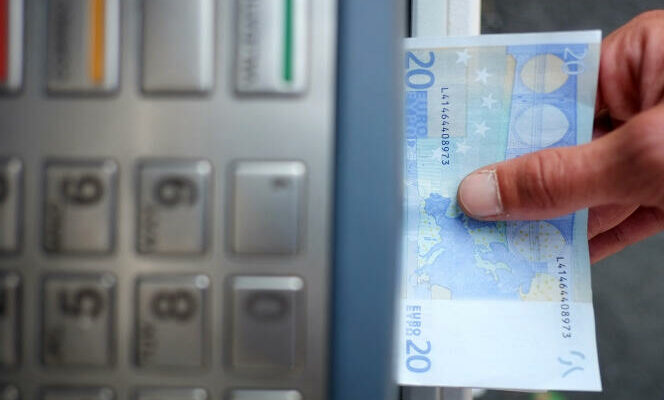Erick Lacourrège, 56, is the general director of payment methods at the Banque de France, and as such responsible, among other things, for the printing of banknotes, the supervision of digital payment methods and the management of currency reserves. French gold. He also chairs the National Payments Council, which brings together all the players in the French payments ecosystem, and participates in the work launched by the European Central Bank on the digital euro project.
Forty years after the arrival of the smart card in France, where is the use of cash?
Cash, which was still the ultra-majority payment instrument, at more than 90%, fifty years ago, remains very present since it constituted 50% of transaction volumes in France in 2022. But the cards are now equal with cash and this trend will continue to accelerate. Cash payments will therefore become a minority in our economy, both in volume and in value.
However, we must take into account what we call the “cash paradox”: the less French people use cash in their daily lives, the more they withdraw from ATMs! In 2001, banknotes in circulation represented 400 billion euros in value in the euro zone; today, they represent 1,600 billion. More than 80% of this money is in fact hoarded: half outside the euro zone – which reflects the international success of the euro – half in euro zone countries, including France. Cash is therefore changing its nature: it is less and less an instrument of payment, and more and more an instrument of hoarding.
Are cash nevertheless doomed to disappear as a means of payment?
This is what the trend of recent years could suggest in the medium and long term. But we rather think that we could reach a low point, a floor level of transactional use, for several reasons. First, because a part of the population, regardless of age, remains attached to the confidential nature of payments and makes the possibility of paying in cash an issue of individual freedom.
Furthermore, cash remains a factor of financial inclusion, for example to better control one’s budget or for the payment of social minimums in France, and this concerns millions of people. Finally, cash remains the only resilient means in all the crisis scenarios we work on. In extreme cases, where power supply disruptions or interruption of access to all computer networks are envisaged, we would be forced to return to cash. They will therefore remain an essential means of payment, if only to ensure the resilience of our societies and our economies.
You have 32.52% of this article left to read. The rest is reserved for subscribers.
